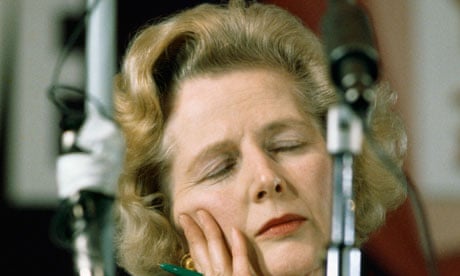With the exceptions of our sex lives and waistbands, there are few things so compelling to mankind as sleeping patterns. We fret over whether we sleep well enough, long enough, deeply enough. We dwell on bad nights and bad dreams, we chase insomnia cures, new mattresses, and news of new sleep aids.
This week's BBC report on segmented sleep was only the latest in a stream of sleep-related news stories, but it was notable in that it was considerably more sensible than most – offering the reassuring fact that we have long slept not in one solid stretch but as a performance of two halves, with an interval.
This is not a new idea. For centuries we were accustomed to the idea of "first sleep" or "dead sleep" and "second sleep". It was accepted that between this first bout of slumber and the next there would lie an hour or so of quiet wakefulness, sometimes known as a "watch". This period was often used for prayer, or writing, or sex, or even for visiting the neighbours. But the idea of two sleeps dwindled in the late 17th century, so that by 1920 it was practically obsolete. For the last century or so we have been wedded to the idea of eight solid hours abed. And since the key to our sense of restedness often lies in our perception of how much sleep we have had, the figure of eight hours looms large.
But while once viewed as a great leveller (Sir Philip Sidney called sleep "the poor man's wealth, the prisoner's release, the indifferent judge between the high and low"), sleeping long has become regarded as an indulgence, a weakness. Today careerists operate a sort of competitive sleeporexia, seeing who can function on the least amount of sleep, fuelled by tales of Thatcher and her four hours.
Simultaneously, we crave rest; the pursuit of the perfect sleep has become a multibillion-pound industry – five years ago, Forbes estimated it as worth some $20bn – as we invest in pillows, sleep centres, herbal tinctures, hypnotherapy and, of course, sleeping tablets.
We have grown increasingly reliant on sleeping tablets. Between 2000 and 2005 the US experienced a 60% increase in their use. Yet a study by the US National Institutes of Health found that prescribed tablets only give us an extra 11 minutes of sleep, although the amnesiac effect of their working made patients feel as if they had actually had an extra 32 minutes more.
A few years back, while researching a lengthy piece about sleep and the sleep industry for this newspaper. I spoke to Kevin Morgan, an insomnia expert, and something he said stayed with me: "Living the right kind of life has become the target of the 21st century," he said, "and there are three principal pillars for health: diet, exercise, and sleep. Most people know about nutrition and calories ... but most people know nothing about sleep."
It brought to mind the words of the Tudor physician Thomas Cogan, who spoke of how sleep began in the belly, with the "fumes" from digesting food that would rise to the head of an individual "where through coldnesse of the braine, they being congealed, doe stop the conduits and waies of the senses, and so procure sleepe".
How curious that all these centuries after Cogan's theorising, we appear no more enlightened as to our own sleep, its patterns and persuasions, its detail and its depth.
How strange, too, that rather than enjoy our night's rest, these days we attempt to tame it: we try to get by with less of it, we curse it for not behaving as we wish, for not arriving in one solid stretch. And when all else fails, we conquer it with pills, potions and prescriptions.

